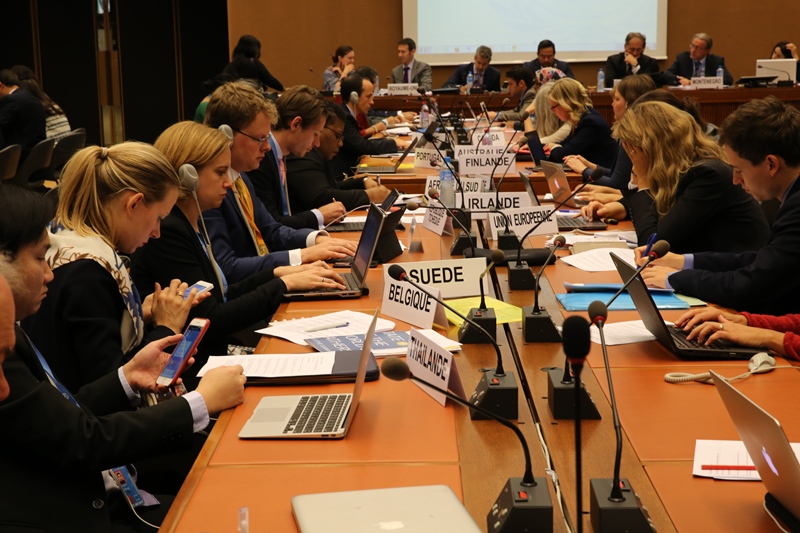
(National Peace Council)
The release of UN Report on alleged war crimes and human rights violations in Sri Lanka’s war is an important step in the country’s transition to reconciliation. It will require the Sri Lankan government and people to give their attention to the unhealed wounds of the past that continue to fester in the body politic. The spirit in which the government needs to approach the accountability and healing process is that it is right for Sri Lanka, and not because of international or other external pressures. If approached in this way, seeking international expertise becomes necessitated by need rather than by politics.
The UN Report calls, among others, for reviewing all cases of detainees held under the Prevention of Terrorism Act, publishing unpublished reports of human rights-related inquiries, prioritizing the return of land, and developing a national reparations policy. It calls for a hybrid judicial mechanism with the participation of Sri Lankan and international judges, lawyers, prosecutors and investigators to ensure accountability. It also calls on the government to ratify the convention on Enforced Disappearances, the additional protocols to the Geneva Conventions and the Rome statute of the International Criminal Court.
The National Peace Council notes that there appears to be a convergence within the country, and between the government and international community, on the need to investigate the past and bring closure. It would be necessary also to translate at least the summary of the UN High Commissioner’s Report into Sinhala and Tamil to enable the citizens to understand the content of the report and its recommendations. The election of the new government in January has opened up space for a genuine dialogue on the past and on the challenges for the future. We call on the government to express its opinions openly and seek to influence public opinion on the need for truth seeking to enable reconciliation of the communities based on justice and accountability.
We welcome the decision of the government to be a co-sponsor of the draft resolution of the UN Human Rights Council on promoting reconciliation, accountability and human rights in Sri Lanka. The draft resolution recognizes the need for a process of accountability and reconciliation for violations and abuses, including those committed by the Liberation Tigers of Tamil Eelam as highlighted in the UN report, and affirms the importance of participation in a Sri Lankan judicial mechanism, including the Special Counsel’s office, of Commonwealth and other foreign judges, defence lawyers, and authorized prosecutors and investigators.
The government has announced a mechanism to deal with the past that will be based on a four tier system. It will include a Commission for Truth, Justice, Reconciliation, an Office of Missing Persons, a judicial mechanism with special counsel to be set up by statute and an Office of Reparations. It has requested the UN and members of the UN Human Rights Council to allow it to carry out a domestic judicial probe rather without setting up a hybrid court with international personnel. The National Peace Council sees a need for the government’s proposed domestic mechanism to be supplemented by recourse to international experience from South Africa and other countries that will further strengthen it. We are encouraged by the fact that Sri Lanka has a new government that has expressed its willingness to cooperate with the UN and international community.
The government must begin doing what it can and not await any of these mechanisms to operate. Most of the necessary actions do not need any new mechanism but the political will of the government. As an initial confidence building gesture, the government can have a prison census and people find their missing ones so that no one gets lost in the system, either deliberately or inadvertently. It can also release land taken over during the war back to the people more expeditiously. Those in authority with a mandate from the people need to take the initiative. Leaders are required to lead and act according to what is right according to law- not only domestic law but also international law.